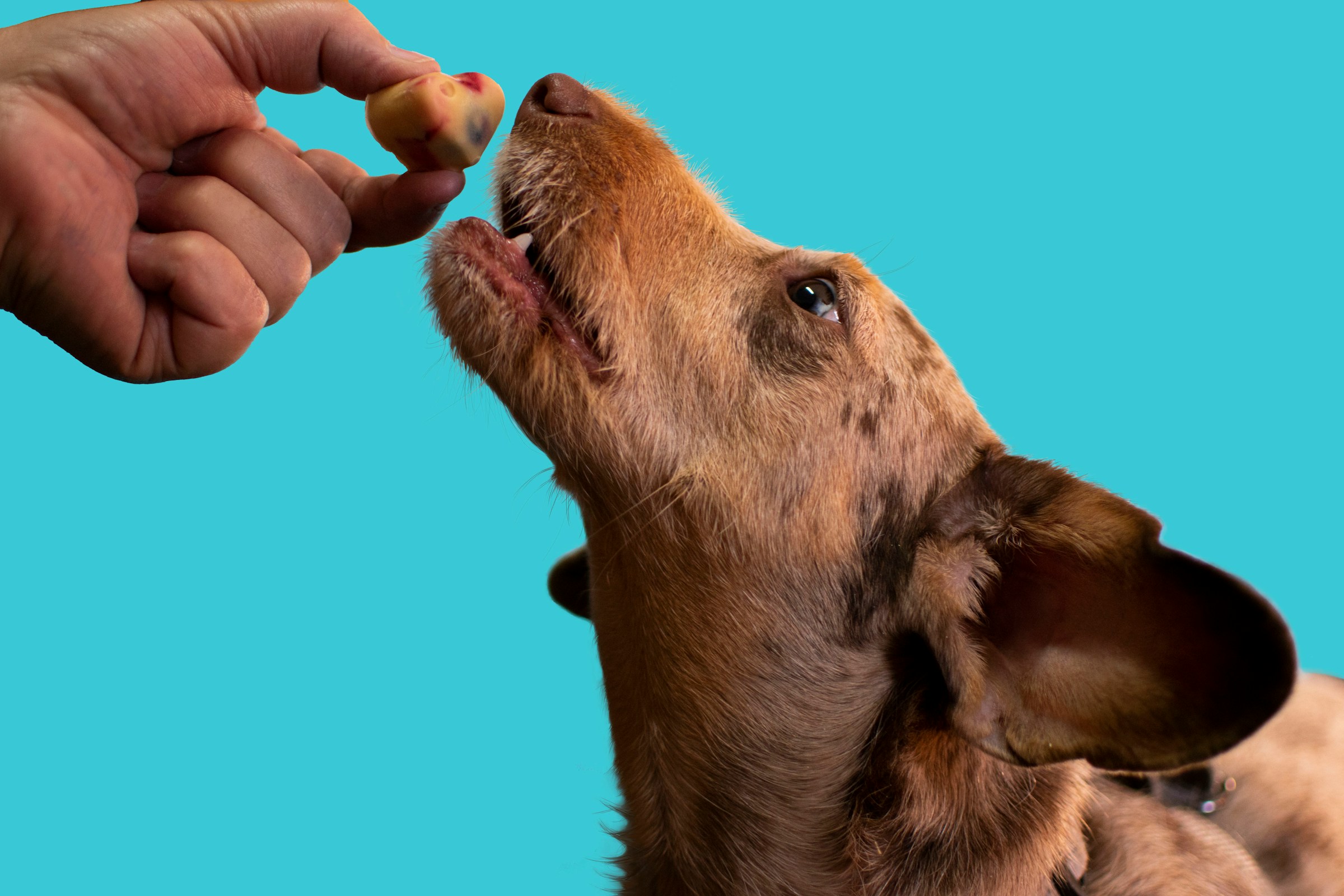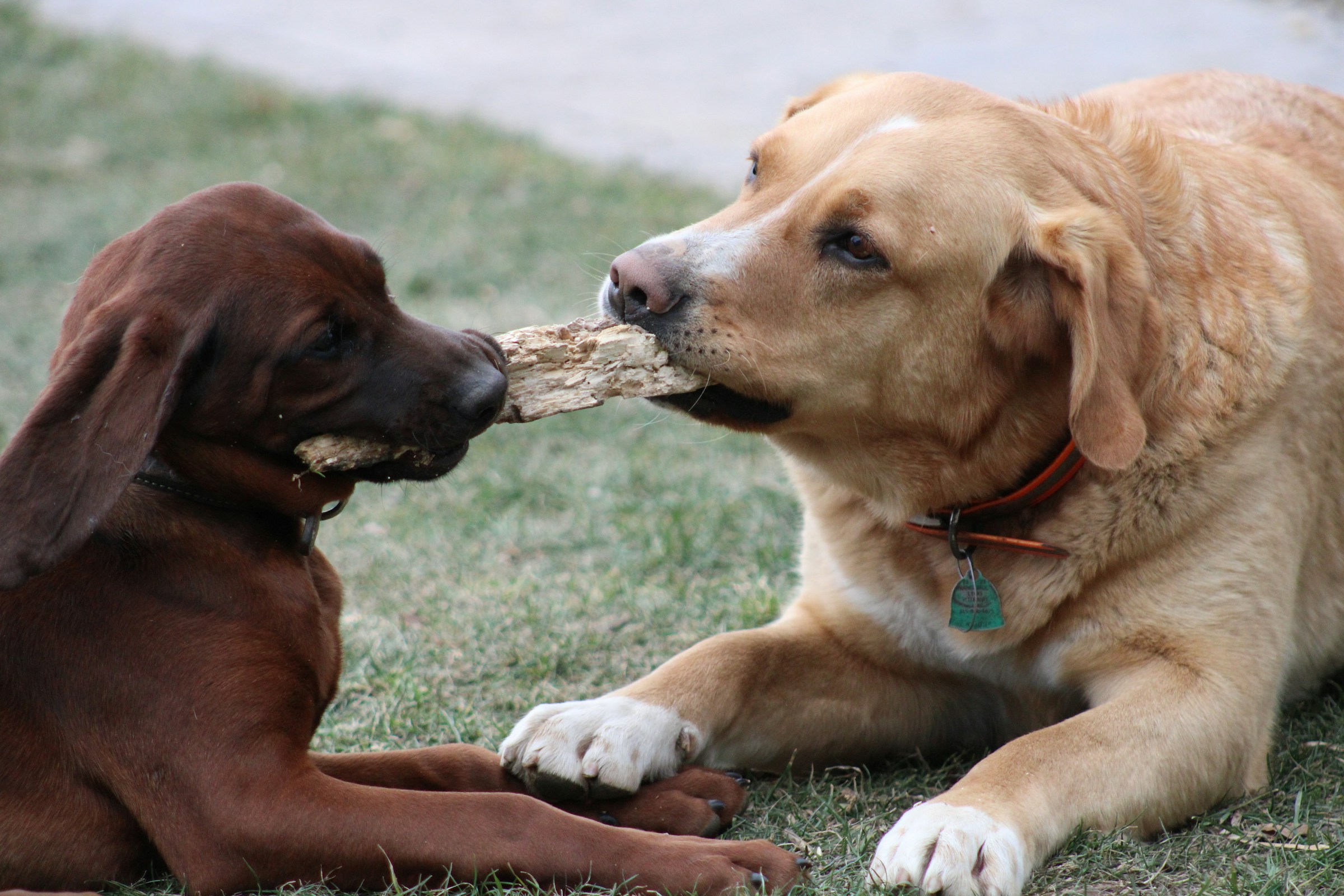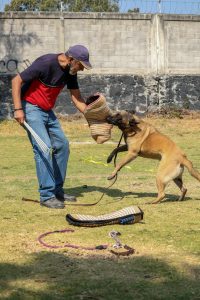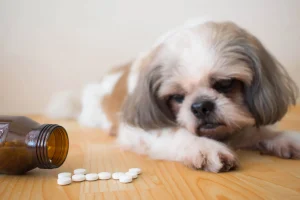The eyes. The drool. The tiny whimper as your dog stares you down mid-bite. It’s hard to resist sharing a little something from your plate. After all, if it’s good enough for you, it can’t hurt them… right?
Not always. Some human foods are safe for dogs in moderation. Others can cause everything from an upset stomach to a late-night emergency vet visit. Knowing the difference is more than a party trick—it’s part of being a good pet parent.
Let’s break down what’s fair game—and what’s a fast track to trouble.
Fruits: Sweet Treat or Stomach Ache?
Some fruits are great, healthy snacks for your dog to enjoy. Try crunchy apple slices (seedless!) or a handful of frozen blueberries on a hot summer day. But just because it’s growing on a tree, don’t automatically think it can be shared safely
Fruits such as apples and blueberries are commonly considered healthy snacks, but owners might still be curious about more seasonal alternatives. For instance, can dogs have peaches, or should they be left off the plate? Fresh, ripe, and pit-free, peaches are usually delicate in moderation, but canned peaches, drenched in syrup? Not so much.
Other fruits are strictly forbidden, like raisins and grapes. Even a little bit can be poisonous and lead to kidney failure. When in doubt, skip it—or do a quick check before you offer that fruity bite.
Veggies: Crunchy, Colorful, and (Usually) Okay
Vegetables often get a green light. Carrots, green beans, and cucumbers can be satisfying, low-calorie snacks that even picky dogs enjoy
But don’t assume every veggie is safe. Onions and garlic, even in powdered form, are dangerous. They can negatively affect your dog’s red blood cells and create anemia. And if you’re considering handing out sautéed greens, remember that oil, salt, and seasoning are enough to turn a healthy treat into a gut bomb. As far as vegetables are concerned, lightly steamed or raw is ideal.
Meats, Fats, and Leftovers: When Sharing Isn’t Caring
It’s tempting to toss your pup a bite of burger or some leftover chicken. And yes, plain cooked meats can be a solid source of protein. But table scraps are a minefield.
That bit of steak might be covered in garlic butter. The turkey sandwich? Slathered in mayo and salt. And bones—especially cooked ones—can splinter and tear up your dog’s insides.
One dog owner once fed their pup a meatball from a pasta dinner. It seemed harmless—until the dog spent the next day at the vet due to garlic toxicity.
Stick to unseasoned, lean meats in small quantities. If you’re feeling generous, prep a separate, dog-safe portion.
Dairy, Bread, and Everything Else That Dogs Beg For
Some dogs can handle a nibble of cheese or a lick of yogurt. Others? Not so much. Many dogs are lactose intolerant, and dairy can lead to gassiness or worse.
Bread isn’t toxic, but it doesn’t offer much nutrition, and too much can pack on weight fast. And be extra careful with nut butters—some contain xylitol, an artificial sweetener that’s deadly for dogs even in tiny amounts.
What’s safe for you isn’t always safe for them. Read the label. Or better yet, don’t share anything from a jar unless you know what’s inside.
When in Doubt, Leave It Out
It’s simple: if you’re unsure, skip it. No treat is worth a vet bill—or your dog’s pain. Look up questionable foods before sharing, and keep emergency vet numbers handy just in case.
Care for your dog enough to decline when it truly matters.
Conclusion: Love Isn’t Always on the Plate
Dogs don’t know what’s safe; they just want what you have. But feeding with love means feeding with knowledge. The next time those puppy eyes come out, ask yourself: Is this a treat or a risk?
Sometimes, the kindest thing is keeping it on your plate.









